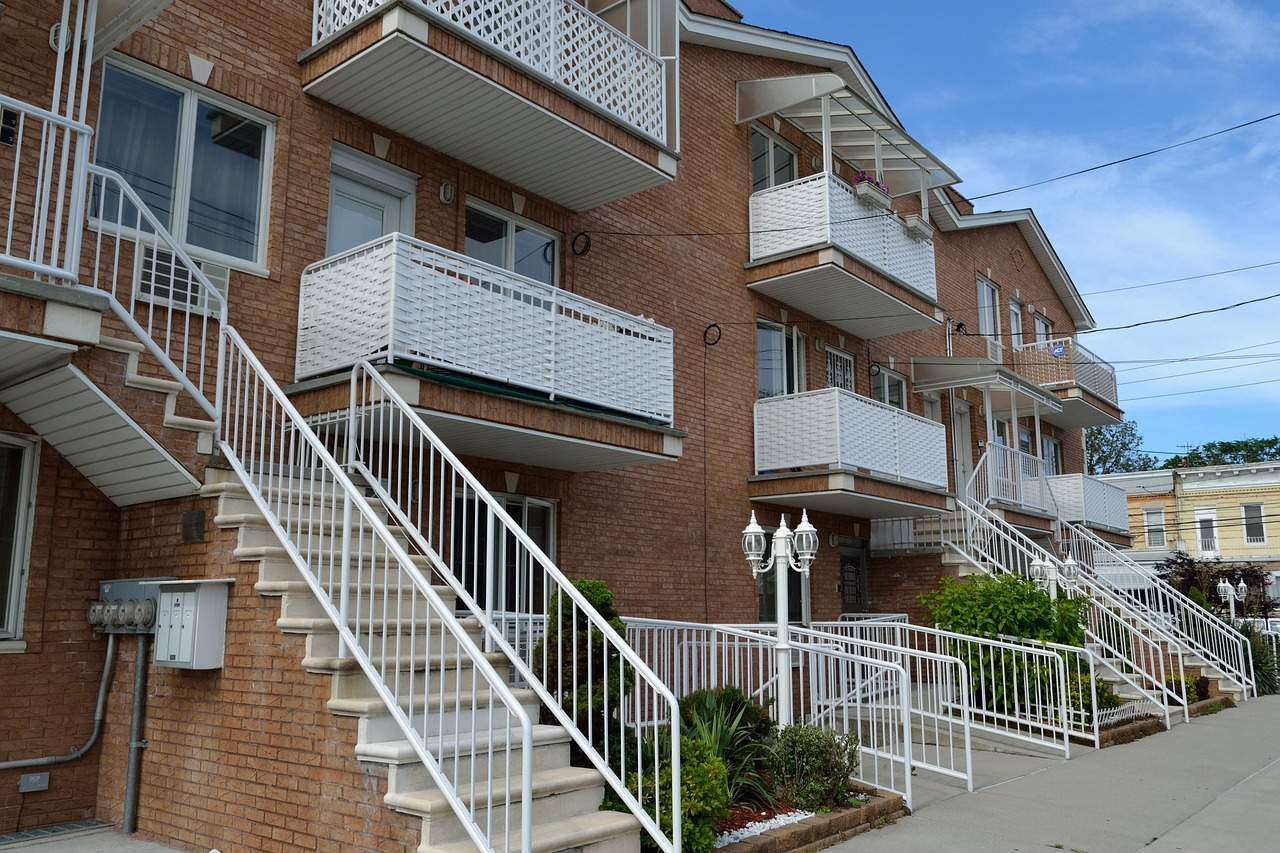
The Dangers of Selling Commercial Property Too Late
The last downturn
cost those who chose to sell commercial property an average of
30.3% of their property value
Reason #1
Why people sell commercial property too late:
Complacency
Complacency is the most dangerous state to ignore.
It’s the moment before the market corrects and values decline. When the market goes through this initial correction, our natural tendency is to be complacent because initial corrections actually look like a cool-off period.
Then we expect the market to pick up again and continue with its growth phase.
But, the market continues to deteriorate and worries creep in as we wonder what is going on. Next, it is normal to say to yourself that your investments are good ones that they’ll ultimately come back.
When the market continues to soften until it seems there is no hope in coming back, that’s the absolute bottom of the market and the worst time to sell.
This point of capitulation is one of surrender and of asking how the government could let something like this happen.
Reason #2
Why people sell commercial property too late:
Ownership and Identity
In order to avoid loss, people will overvalue what they own.
That is what Richard Taylor, Daniel Kahneman, and Jack L. Knetsch identified with the Endowment Effect. In fact, Kahneman and Knetsch won the Nobel Peace Prize for their research in this area of behavioral economics.
It’s normal for people to overvalue what they own.
In a study with Cornell undergrads, broken into groups and given identical coffee cups, Kahneman and Knetsch told one group to value the cups they owned and the other group to value the cups they would purchase.
They found the undergrads with the coffee cups were unwilling to sell their coffee cups for less than $5.25 while their less fortunate peers were unwilling to pay more than $2.25 to $2.75.
But, it was Carey Morewedge’s research into the Endowment Effect that revealed that it’s not loss aversion that leads to overvaluation, it’s ownership and identity.
Morewedge found that it’s our sense of possession that creates the feeling of an object being mine, which then becomes a part of our identity.
Reason #3
Why people sell commercial property too late:
Loss Aversion
Why is it so difficult to sell commercial property in a market decline?
According to Brafman and Brafman, authors of Sway: The Irresistible Pull of Irrational Behavior people will go to great lengths to avoid perceived losses.
What’s more, people also succumb to their will to recover what once was. They will spend whatever it takes not to lose, be it time, money, or emotional resources.
Imagine watching someone playing craps in Las Vegas. When they are on a roll, taking in their winnings, they race through the growth phase, reaching the peak of the game.
They feel ecstatic.
But what happens when the tide turns and they start to lose?
They enter the complacency stage, call it a short turn of bad luck, and keep playing. They believe they will return to the top. But their bad luck continues.
By waiting to avoid losses, people hold off and then sell at the wrong time — maximizing their losses.
They lose their winnings, keep playing and generate losses. They would rather hold onto the idea of getting back to where they were at almost any cost than realizing their loss and moving on to another opportunity.
Reason #4
Why people sell commercial property too late:
Self Reliance Time Traps
Time Trap #1: Self-Education
People will self educate online because it is free and immediately available. A review of the search term on Google for “commercial real estate trends” returned 152 million results. A search for “commercial real estate trends YouTube” turned up 310 million results!
No doubt, an abundance of free information in the form of market data, blogs, market reports, and online opinions on what’s happening in the market is available.
Time Trap #2: Friends, Family, and Non-Commercial Advisors
When we aren’t sure what to do, we often consult friends, family, and non-commercial real estate advisors for input. Unfortunately, these people will not want to be the ones to say sell because it is easier to say no and risk being wrong than to say yes and risk not being right.
Plus, most of these folks will not have the data that you have seen here. These people are more likely to share anecdote based advice like “My friend made a killing in real estate. You should hold on, it will come back.” Remember, people who made this mistake lost in 2008-2010.
Time Trap #3: Hire a Traditional Broker
It is easy to find a traditional broker, given that 1 in 164 people in the United States today have a real estate license. According to the National Association of Realtors, there are about 2 million active real estate licensees in the United States.
The problem is that most traditional brokers do not specialize in Commercial Real Estate, Investment Sales and further specialization by property type.
Have you thought of selling your property and would like to know what it's worth? Request a valuation for your property below:
eXp Commercial Chicago Multifamily Brokerage focuses on listing and selling multifamily properties throughout the Chicago Area and Suburbs.
We don’t just market properties; we make a market for each property we represent. Each offering is thoroughly underwritten, aggressively priced, and accompanied by loan quotes to expedite the sales process. We leverage our broad national marketing platform syndicating to the top CRE Listing Sites for maximum exposure combined with an orchestrated competitive bidding process that yields higher sales prices for your property.





